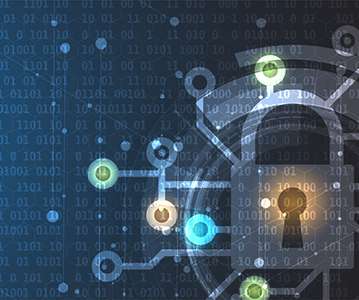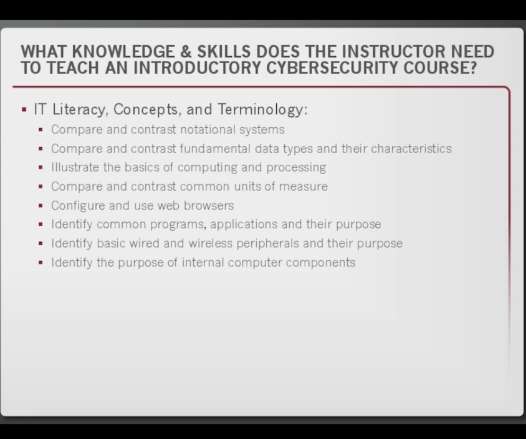Making Sure Your Online Services Protect Your Students’ Data
edWeb.net
AUGUST 12, 2021
After the sudden switch to remote and hybrid learning models at the start of the pandemic, the use of online tools and resources may seem like less of a concern now, but ensuring that students’ data remains protected is still a priority, especially as it is a federal requirement. Identifying Trusted Apps. Join the Community.






















Let's personalize your content